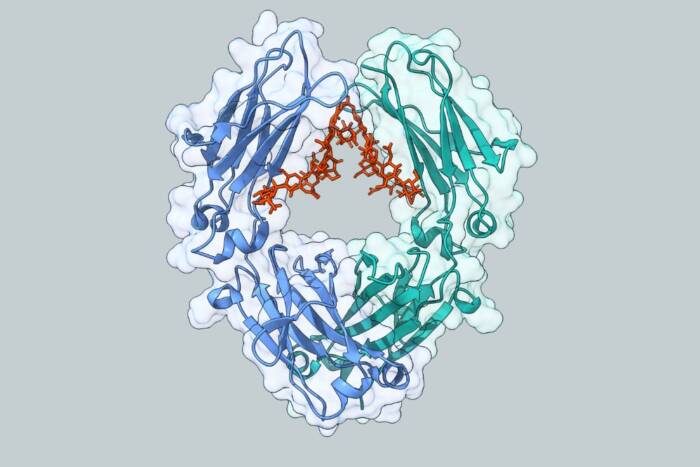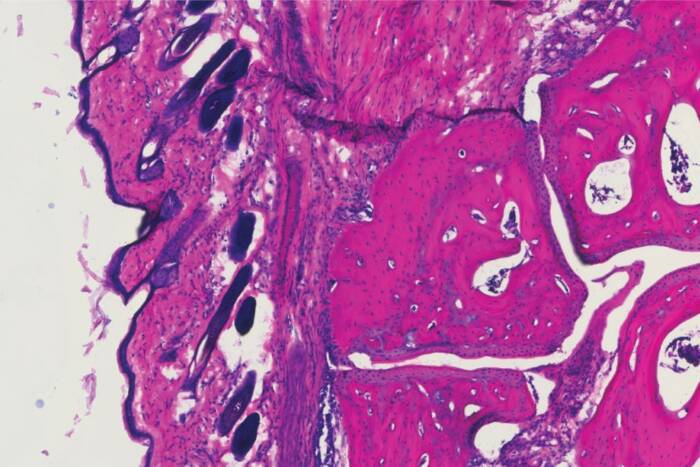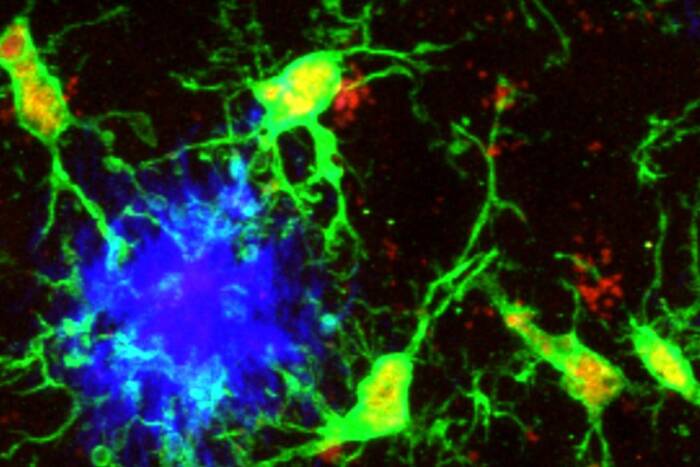Behavior and the Brain: A New View of the Nature-Nurture Debate
Rockefeller University hosts series of three public lectures in 1996 Nature and nurture affect behavior by influencing the structure and function of the nervous system. How genes, environment and experiences interact to tailor a person’s behavior is the focus of many exciting investigations, which will be featured in a free, three-part series of public lectures at The Rockefeller University. The Arthur Vining Davis Foundations support the series, which features experts from Rockefeller, Harvard University and Cornell University.
All lectures will be in the Rockefeller University’s Caspary Auditorium, 1230 York Avenue in New York City. For more information, members of the public should call (212) 327-8967.
Hormones, Stress and Development
Thursday, Jan. 18, 1996 at 6 p.m.
As one grows from infancy to adulthood, social experience plays a critical and constant role in the regulation of growth, behavior and emotions. Social deprivation at different stages of development can lead to abnormalities in the stress hormone system, which may produce severe and long-lasting physical, neural and psychological consequences. Felton Earls, M.D., and Mary L. Carlson, Ph.D., will discuss the results of laboratory studies of animals and clinical and population-based studies of children growing up in conditions of extreme stress and social disadvantage. Earls is a professor of child psychiatry at the Harvard Medical School, professor of human behavior and development at Harvard School of Public Health and directs the Project of Human Development in Chicago Neighborhoods. Carlson is associate professor of neuroscience in psychiatry at Harvard Medical School and associate professor of population and international health at Harvard School of Public Health.
Stress, Brain and Behavior
Thursday, Feb. 22, 1996 at 6 p.m.
Does stress affect your brain and the way you behave? New evidence indicates severe stress causes atrophy of brain cells and shrinks certain brain regions, and stress hormones are involved. Indeed, chronic stress may accelerate brain aging. Bruce McEwen, Ph.D., will discuss these findings as well as new data indicating that post-traumatic stress disorder and depressive illness involve imbalances of stress hormones, and that the inclination to abuse drugs also may be linked to abnormalities in the stress-hormone response. McEwen is a professor at Rockefeller, where he directs the Harold and Margaret Milliken Hatch Laboratory of Neuroendocrinology.
Genetics, Environment and Schizophrenia
Thursday, April 19, 1996 at 6 p.m.
Of the many psychiatric disorders, the schizophrenias show strong evidence of genetic and environmental influence. Scientists have known about the heritable aspects of this disorder for 30 years, but understanding how genes cause this disease remains poorly understood. Jack Barchas, M.D., will discuss recent theories about the development of this disorder as well as findings from studies of brain structure and chemistry. Barchas is a professor in the Department of Psychiatry at Cornell University Medical College.
Rockefeller began in 1901 as the Rockefeller Institute for Medical Research, the first U.S. biomedical research center. Rockefeller faculty have made significant scientific achievements, including the discovery that DNA is the carrier of genetic information and the launching of the scientific field of modern cell biology. The university has ties to 19 Nobel laureates, including President Wiesel, who received the prize in 1981. Recently, the university created four centers to foster collaborations among scientists from complementary fields to pursue investigations of Alzheimer’s Disease, human genetics, neurosciences and the links between physics and biology(opens in new window).


